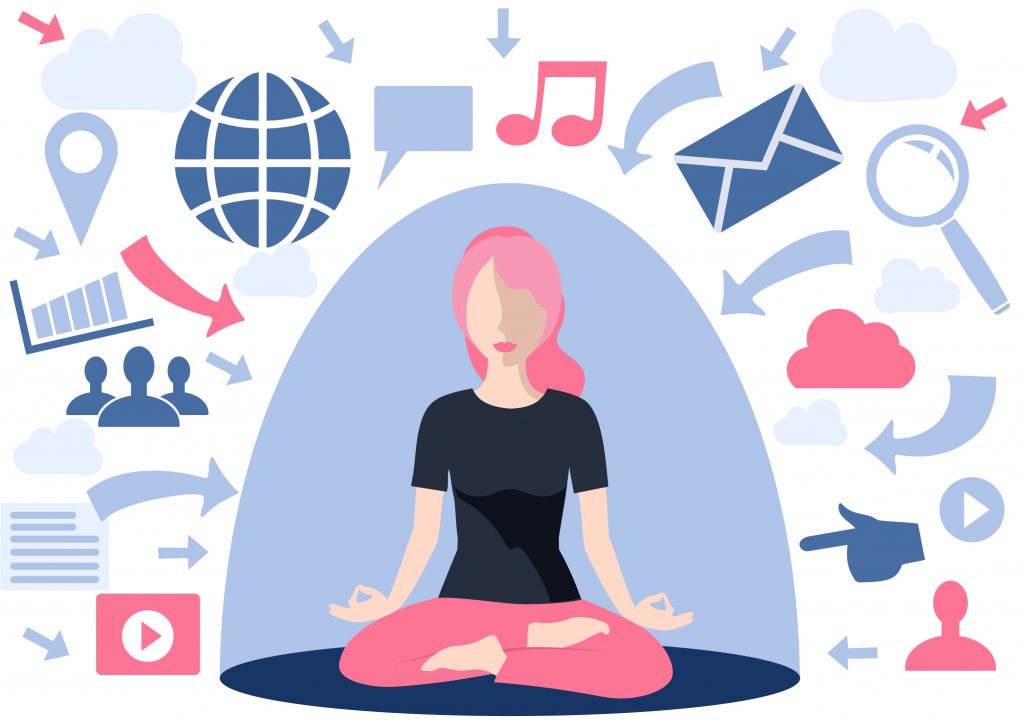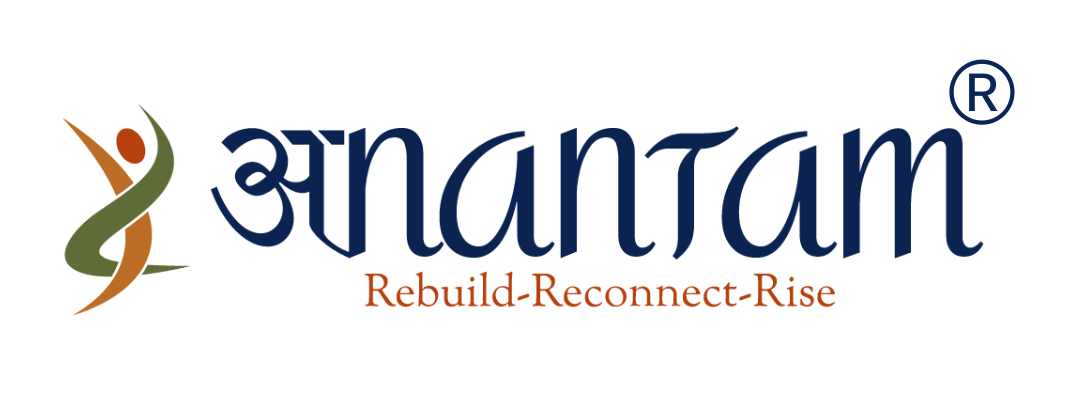Imagine that we posted a cool photo to Instagram. we stare at our post waiting for someone to like and comment. To our disappointment, the post gets hardly any attention. After a while we frown, setting our phone aside. we begin to wonder what went wrong. Am I not funny enough? Is the picture not as nice as I thought? Or do people just not care? In our hunger for validation, we start to become anxious or depressed when our expectations aren’t met.
Social media has very quickly integrated itself into every aspect of our day. When we wake up, we mindlessly scroll through our Facebook feed. Then, we catch the latest news on Reddit or Twitter as we sip our cup of morning coffee. When our mind wanders at the office, we hop onto Instagram for a few minutes. We then get distracted again when we get a Snapchat. After work, we notice our Facebook friend’s latest vacation photos on Facebook. We hit “like” to show our excitement, but deep down we don’t feel so good.
So, why does social media use have such an impact on our overall wellbeing? And even when we know the consequences, why do we keep scrolling through Facebook and Instagram?
The answer has to do with our brain’s reward system. When something good happens, a “feel-good” chemical called dopamine gets released. So, when we eat a delicious meal, exercise, win a competition or get a compliment from someone, dopamine helps us feel happy and satisfied.
The same is true with social media. As human beings, we’re all naturally seeking social validation from those around us. When we get a notification from Facebook or see someone reacting to our post, a rush of dopamine hits our brain that makes us feel good.

And just like that our brain quickly learns to rely on social media notifications and public approval from others in order to feel good. Ultimately, this craving for hits of gratification on social media has us coming back, again and again, to check our news feed, even when we know it isn’t good for us.
Small steps to stop seeking validation:
1. Limit Time: If we’re looking to limit the negative effects of social media, start by cutting back on the amount of time we spend on it. Many smartphones can tell us how long we’re spending on social media to help us be more cognizant of our time.
2. Indulge in Mindfulness: Social apps have an infinite feed that keeps us scrolling down endlessly and mindlessly. Mindfulness helps us become more aware of our thoughts & feelings, & when an unwanted urge arises, we can take action to help prevent engaging in the behaviour. In other words, mindfulness can empower us to enjoy the moments in our life without the urge to post about them on social media.
3. Stay Authentic: We should ask ourselves why we post the stuff we do. Does it inspire others? Or we post just to seek attention and validation? Answering these questions can help us understand that no one can offer validation better than ourselves. Keep in mind that not every part of our life needs to be public. And remember, we are enough.

4. Digital Detox: Research shows that too much time on social media can lead to anxiety, depression, low self-esteem, and other mental health problems. If an excessive amount of time is being spent on social media, take breaks and refrain from visiting social media or using a smartphone, computer, and other devices for a few hours a day. Connect with nature instead, and spend time outside whenever possible.
5. Connect with the Real People: Studies show that people who use social media excessively tend to experience frequent mood swings, neglect their personal life, and withdraw from real-life interactions with others. Turn off social media notifications and spend time with people who matter. No digital validation can replace the real-life appreciation we receive from those we care about.
While seeking validation is not wrong, looking for others’ approval to feel self-assured, valued, and fulfilled is definitely not healthy. Clinging to others’ approval can become your way of life, affecting your self-esteem, mood, and relationships.
At Anantam, we understand the constant pressure from social media to filter and fit and the need just to feel accepted and valued. Reach out for guidance on how to manage your emotional well-being and increase positivity around you.
Call/whatsapp Ms Seema Agarwal: +91 98205 76682

